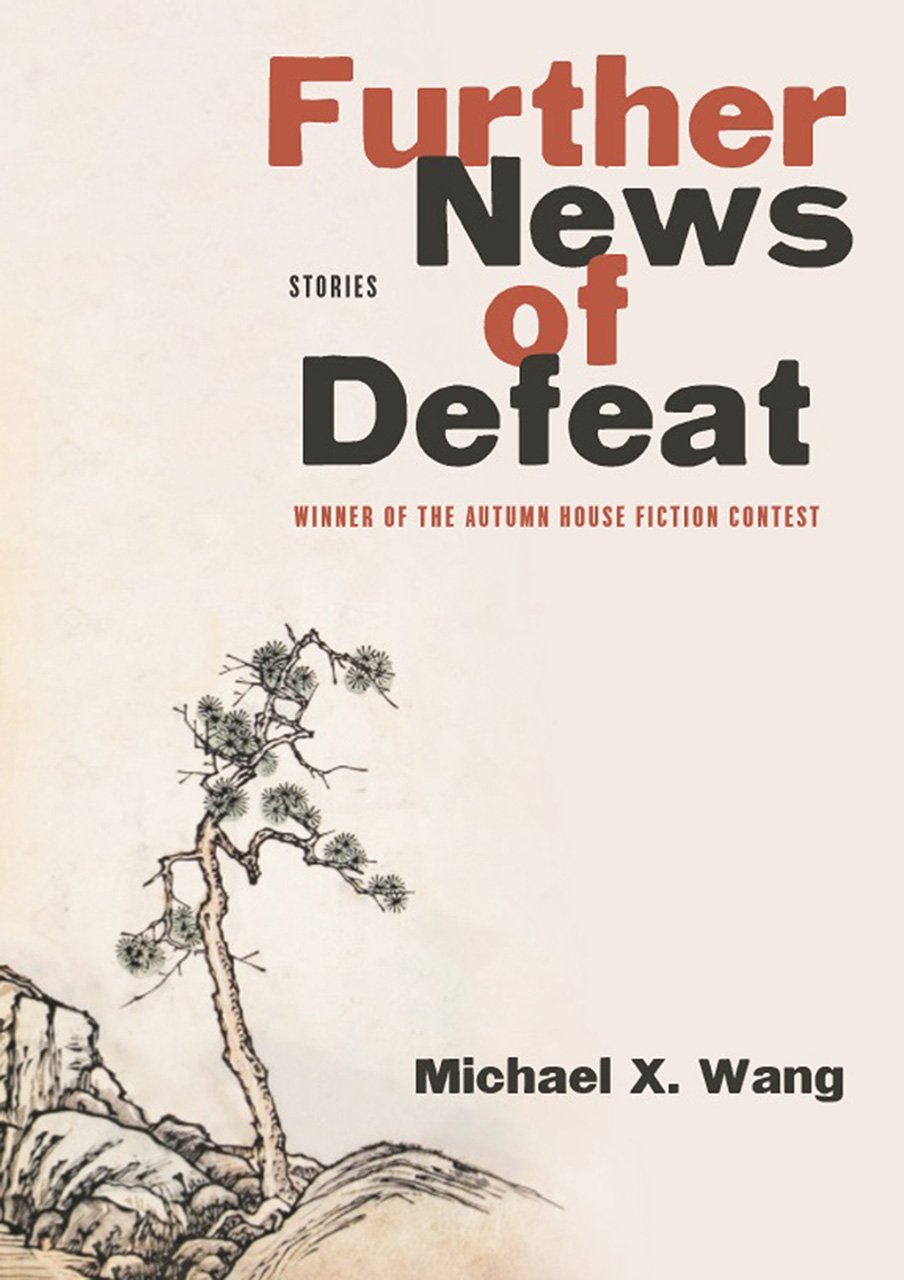"Further News of Defeat" is an excellent example of writing about the terror of war without being exploitative. Though Wang does not pull any punches, all his characters feel real and thereby, humanize atrocious behavior. If there's one thing Wang is an expert at, it's showing how survival is not always heroic and moral.
Survival is one of the most prominent themes of the book, all characters are doing what they can to set up a life for themselves and their kin. Other prominent themes included by Wang are pride, shame, and longing. Each character has something they want (to go to the city, to know how to read, to return to the safety of the village, to save one's family, etc.) and are trying to achieve their desired end goal in a way that maintains their dignity, nothing that any of them are able to accomplish. This gives the collection a general feeling of hopelessness which gives breathing room to the primary theme of survival. It's important to note the push-and-pull of progress and tradition that occurs through each story as well.
The collection is structured to align with the political unrest from the Tianamen Square protests and massacre to the rise of a new emperor (unnamed in the book, but to be assumed as Xi Jinping). The stories progress through time chronologically (with the exception of "Further News of Defeat" which depicts Japanese occupation of Xinchun Village, a recurring setting in the collection), giving the reader an idea of how nuanced political unrest can be in China. These protests, this revolution does not only affect those who are on the front lines, but all aspects of life in China and its people.
Without a doubt I'm sure there are a ton of references to Chinese culture and history that I am not picking up on an initial reading with my current knowledge of said topics. I would be delighted to reread this book after further research so I can better catch these details Wang so expertly weaves throughout.

